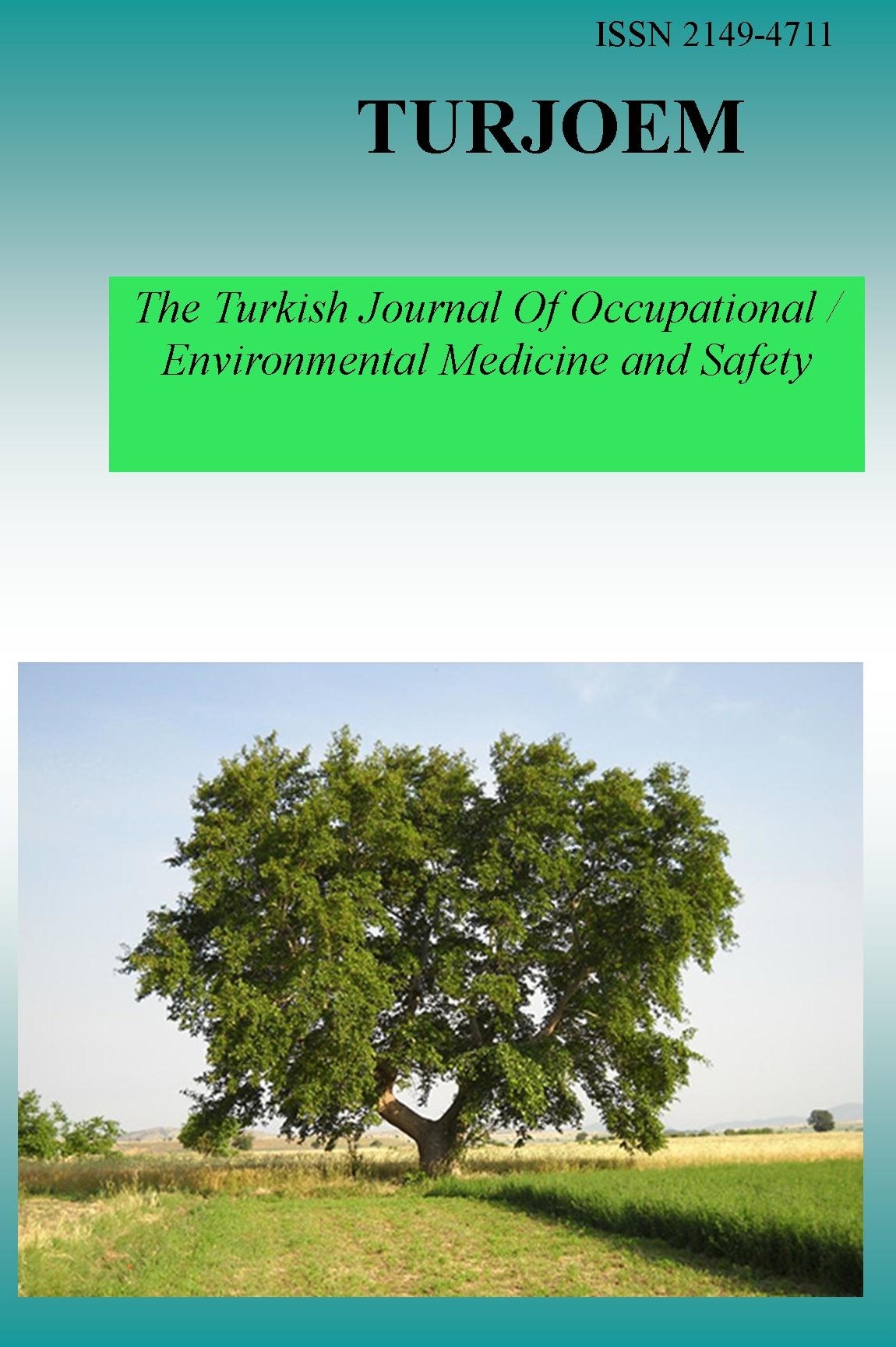Tests for efficacy of biocide treated articles
Tests for efficacy of biocide treated articles
Purpose In this study, tests for
efficacy of biocide treated articles are assessed Method In this study, national
and international legislation and practices in the countries of the European
Union and OECD are reviewed. Findings The range of treated articles and treated materials produced is
vast. However, they all share one property in common in that they are intended
to express some sort of function against biological systems in service.
Articles treated with biocides can be divided in two major groups: one where
the biocide preserves the functions of the article itself, the other where new
properties are introduced by the biocidal treatment. It is very important to
provide guidance on the efficacy testing of biocides used in materials and
treated articles. It aims to help define the problem that the use of a biocide
is intended to solve or the property that it is intended to introduce and why
that is required. One of the fundamental pre-requisites for understanding the
role that a biocidal active substance/product must fulfil is an understanding
of the problem that their use is intended to either resolve or, at least,
mitigate. The end use and performance required affect not just the
concentration of active substance(s), but also the way they interact with their
surroundings (emissions to the environment, skin, food, the possibility of
resistance being developed to an active substance or, more significantly, cross
resistance with active substances used for clinical purposes etc.) and are
important for judging the risk vs. benefit balance according to the OECD
studies. Result
With certain biocidal products such as disinfectants, there are
many national and regional performance criteria that are employed to determine
how effective a product needs to be under a certain set of conditions.
___
- Yüksel Söyleriz
Sağlık Bakanlığı, Türkiye Halk Sağlığı Kurumu, Çevre Sağlığı Daire Başkanlığı, Ankara
